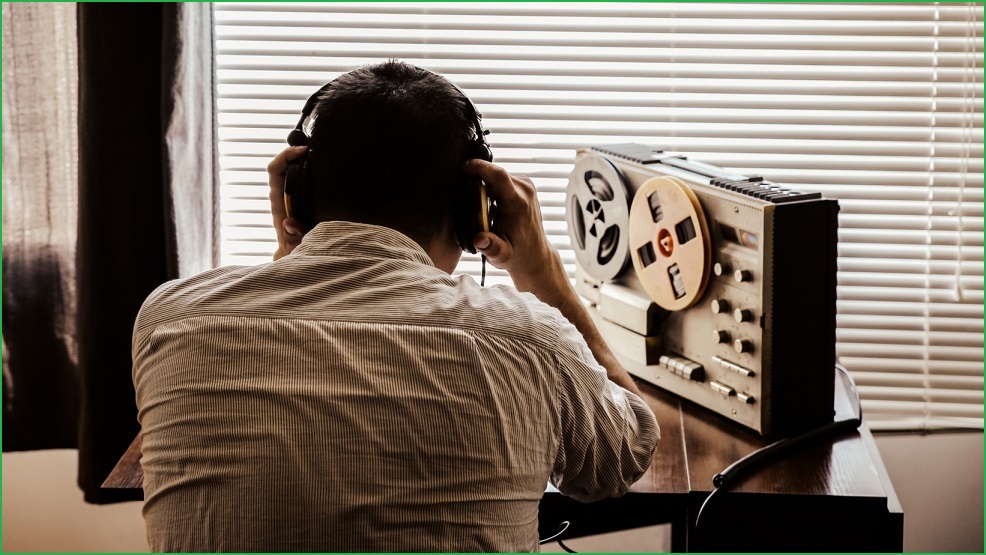Amazon, Apple, Facebook, Google, and Microsoft have all admitted they used humans to transcribe private conversations.
To improve speech recognition software, tech giants have been hiring teams of people who listen and transcribe snippets of voice recordings which they then use to teach machine learning algorithms.
Nearly a third of Australian adults own a smart speaker.
And almost 90 per cent respondents to Deloitte’s annual Mobile Consumer Survey currently own a smart phone — a market dominated by Android and iOS which both include native voice assistants.
Chair of the ACCC, Rod Sims, told media last week that Australians ought to be wary about letting internet-enabled voice assistants into their houses.
“There’s no way in the world I would have Google Home or the equivalents in my home,” he said.
“Why do I want a device listening to everything I say?
“If people, once they are aware, want to have these devices in their home then that’s obviously perfectly fine.
“But they need to know in really clear terms – which they don’t know, and I don’t know either – how much information is going back to home base, what exactly is being done with it and who it’s going to.”
Can you hear me now?
Until recently, the details of who is listening to what have been scarce.
Over the past few months, a growing number of media reports have shown a disturbing trend among Silicon Valley’s brightest stars: they have all been listening.
For select users, some of whom opt-in or simply fail to opt-out of having their speech used for this purpose, audio is recorded and uploaded back to servers and given to workers whose job it is to listen, transcribe, and feed the data back.
The results from leaked audio and worker testimony have ranged from creepy to disturbing.
Dutch news website VRT NWS got access to thousands of Google recordings.
Their reporters heard hundreds of conversations that were unwittingly recorded by users who said something similar to the triggering phrase ‘Okay Google’.
Pillow talk, arguments, and professional phone calls that contained sensitive information were all clearly audible.
More troubling has been testimony from workers who said they heard distressing events like apparent sexual assaults.
Two Romanian employees who transcribed Alexa recordings told Bloomberg that, when asking what to do in such situations, they were told it wasn’t Amazon’s place to interfere.
It’s not just smart speakers that have actively recorded audio in the name of improving customer experience.
Vice discovered earlier this month that contractors for Microsoft have been listening to calls made using the Skype Translator app.
Apple has also been caught employing people to listen to people speaking with its Siri voice assistant.
The Guardian reported that Apple workers often heard things like “in-progress drug deals, medical details and people having sex” while listening to the recordings.
Facebook is the latest to be found eavesdropping on private conversations—with employees telling Bloomberg they had been transcribing calls made on Messenger but did not know how Facebook was using the data.
Apple, Facebook, and Google all said they have since suspended the practice of using humans to review audio.
Amazon now lets users opt out with the “help improve Amazon services and develop new features” setting in Alexa.
Microsoft, meanwhile, said it “gets customers’ permission before collecting and using their voice data”.










